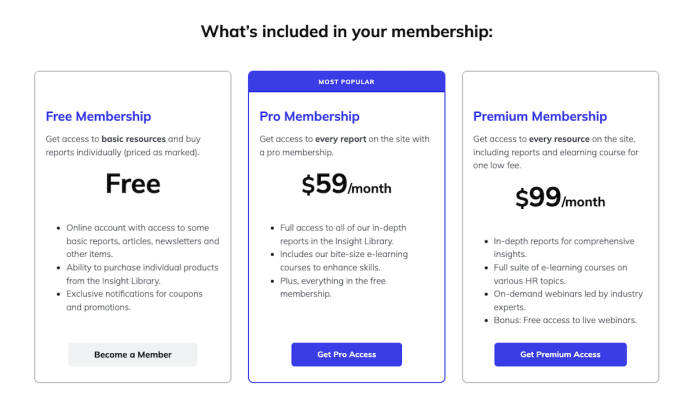1. Choose your platforms wisely!
As content publishers it is likely that you don’t have vast amounts of spare time for SEO, let alone social media SEO, so don’t take on more platforms than you keep on top of. Social media isn’t something you can drop and pick up when you have the time. If you want results, you have be continuous, even relentless! Start by covering the minimum and optimise as you go.
- Twitter – EVERYBODY is on twitter. Nobody subscribes to a nobody.
- Facebook – With over 1bn active users, Facebook is a pillar of the modern online community
- LinkedIn – The professional social platform. Has great authority so it is great for SEO
- Pinterest – Fantastic for link building and developing your keyword strategy
These are our top five;
there are numerous others that you can expand your operation into if you have the time. Get these right first, for more than just a week or two before you branch out your social SEO plan.
For more information on the difference between the top 5 platforms, read this article - 5 social media tips to boost your SEO
Or for a great comparison between Facebook and Google+ have a look at this clever infographic
2. Be vain in your URLs
Make sure you plug your site’s name into the URL of each platform. Try and keep it uniform, or as close as possible, across all of them to assist your SEO for organic searches. Don’t panic if your name is taken. You can always use a slight variation, short slogan or place name instead. For example SubHub’s could be:
Facebook.com/subhub-membership
Facebook.com/profit-from-your-passion
Facebook.com/membership-made-easy
3. Optimise everything
You should make the most of every aspect of each social media platform.
The “About” section is common to almost all platforms so spend time on writing great copy for this part as you will use it across the board. Be sure you have your most important, focused keywords here. Do some research into what these words should be by using Google Keywords tool. High search volume and low competition is the dream for these words, but be prepared to compromise. Don’t stick with your initial choices, experiment to see what works for your site. Use Google Analytics to observe how well your strategies work.
Your keyword strategy shouldn’t be confined to “About” -- apply it to all of your posts and tweets. These are an easy way to experiment with what works as most platforms make observing engagement so easy.
But remember - whilst keywords are important, make sure everything reads well to humans as well as search engines. They are also not the only thing to experiment with, so don’t be afraid to try new things. Social media returns feedback so quickly that anything that doesn’t work can easily be stopped immediately. Consider varying the following:
- Type of content – article, photo, ebook, site news, video, etc
- Time of posting – number of people on a platform vary over the day, find the right time for your audience
- Length of post – sometimes a great post can be one word
- Tone of post – mix up sounding professional and informal, depending on the subject
4. Share content
As ever, the best thing you can do for SEO is create great content. Sharing this content will help your social media SEO. If your content can engage people then they will share it, comment on it, like it, link to it. This is social link building and Google loves link building. The more engagement you inspire on a platform, the more authority you have within that site. Search engines take this into account. If your social media is engaging then people will follow the links back to your site, increasing your traffic. If your traffic isn’t leading to subscriptions then read SubHub’s article Improving Your Website Conversion Rate in Just 5 Steps
Twitter is of particular importance to new content because it helps Google to index it faster. The first 27-40 characters of a tweet come up on google searches, so make sure you have at least one keyword in this section.
5. Don’t stop
As mentioned earlier you can’t afford to give up for a few days. Keep producing and posting fresh content at a rate you can keep up indefinitely. Search engines look at how active your pages are and it affects your ranking accordingly. They don’t do this to make you work, it is a good measure of how engaged your audience is and search engines want to take people to engaging content; make sure that is you!
6. Integrate your site with your social media platforms
It is really easy to add share/like/follow buttons to your website. They are a great way to increase your social media presence, which feeds back into your site as your reach expands with every share. These buttons are everywhere, most websites have them and they provide fantastic feedback about your content. Popular articles will be shared, and the comments left on them can be really informative, sparking a debate or an idea for follow up content.
Conclusion
Social media can be a great way to improve the SEO of your site. Don’t expect to see immediate results as you need to build a following, grow your perceived authority and learn what your audience wants and when. You get out of it what you put in, so if you are prepared and determined, it will be worth investing your time.
More SEO Best Practices:




